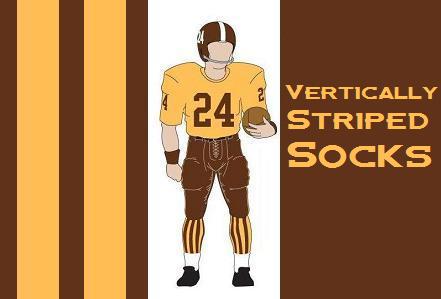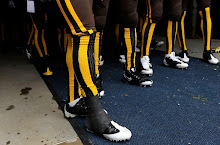Wednesday, March 16, 2011
The Impending Death of Snark.
It may seem odd for me to claim that snark is at death's door. Anyone even remotely familiar with Twitter has probably seen the tidal waves of snark that descend upon any world event. The Oscars telecast is broadcast, and the entire world population trips over each other in a hunt to be the first to have a witty negative comment about how much every segment sucks. A football player drops an important pass in a big game and ridicule from every corner comes in, the more sarcastic the better. Charlie Sheen publicly loses his mind, and the outpouring of help for him appears non-existent whilst ironic "#Winning" hashtags explode on the internets.
My declaration of the approaching death of snark may be overstated; people are going to continue to utilize sarcasm and witty negativity in an attempt to gain attention and a following. I don't think the attempts are going to die out, but I feel that the effectiveness is going to dry up. (That is, if it hasn't already.)
As with so many of society's trends, it's hard to pin the history of snark on anything in particular. I can remember vividly where I began seeing it's effectiveness in my life, and I can pinpoint it to a definitive television program: Sportscenter. (Specifically Sportscenter's heyday in the early to mid-nineties.)
Prior to the start of that decade, America was largely a snark free zone, and with no modern day social media echo chamber, it might even be considered insulated. The witty and biting Sportscenter comments were fresh and new. Snark quickly became a cottage industry, popularized by ESPN hosts who were more standup comics than they were sportscasters and spreading like wildfire during the pioneer days of the internet. For a nation that had just survived the 80's, perhaps the least self-aware period in human history, it was a breath of fresh air at the time.
If cable television is the birthplace of modern day snark, the internet is truly where it grew to adulthood. People were now able to communicate across the globe as easily as they could with their next door neighbors...perhaps even easier if the neighbors were not sociable. This ease of communication coupled with the cloak of internet anonymity made it possible to lower your level of respect, and gave a generation a lot of practice at sharpening their ironic wit at the expense of internet noobs or anyone lacking the common sense to be dumber than the person lampooning them.
In the past ten years, an unreal number of people have made a living by tearing down the world around them using equal parts negativity and comedy. The Onion built a newspaper/internet sensation around it. However, the effectiveness of the snark is withering with overuse. I foresee a future where the real success will be found in people being earnest, sincere and funny rather than negatively looking to destroy others with their humor. I think the hacks of the world will still be swinging out, but my guess is truly that the greatest comics will be those who engage us in ways that tap into comedy from a genuine and authentic place, vulnerable even.
Some comedians will no doubt continue to find success in snark, a lot of being funny is innate to a person’s core, and if you're good at it, your methods don't matter as much as your natural talent. I just think that for the average person making a joke we've reached a saturation point with snark. So many people are using it that unless you're a comedic genius, the tactic is becoming less effective.
The way people experience humor changes over time, theoretically someone used to think that “chicken crossing the road” jokes were funny. I honestly believe we are on the front end of a massive shift in direction away from negativity. Perhaps this is just me hoping, as I grow weary of the negative and find myself increasingly searching for people with positive things to say. I'm hoping I'm not alone, and I honestly believe that I'm not.
Subscribe to:
Post Comments (Atom)









No comments:
Post a Comment